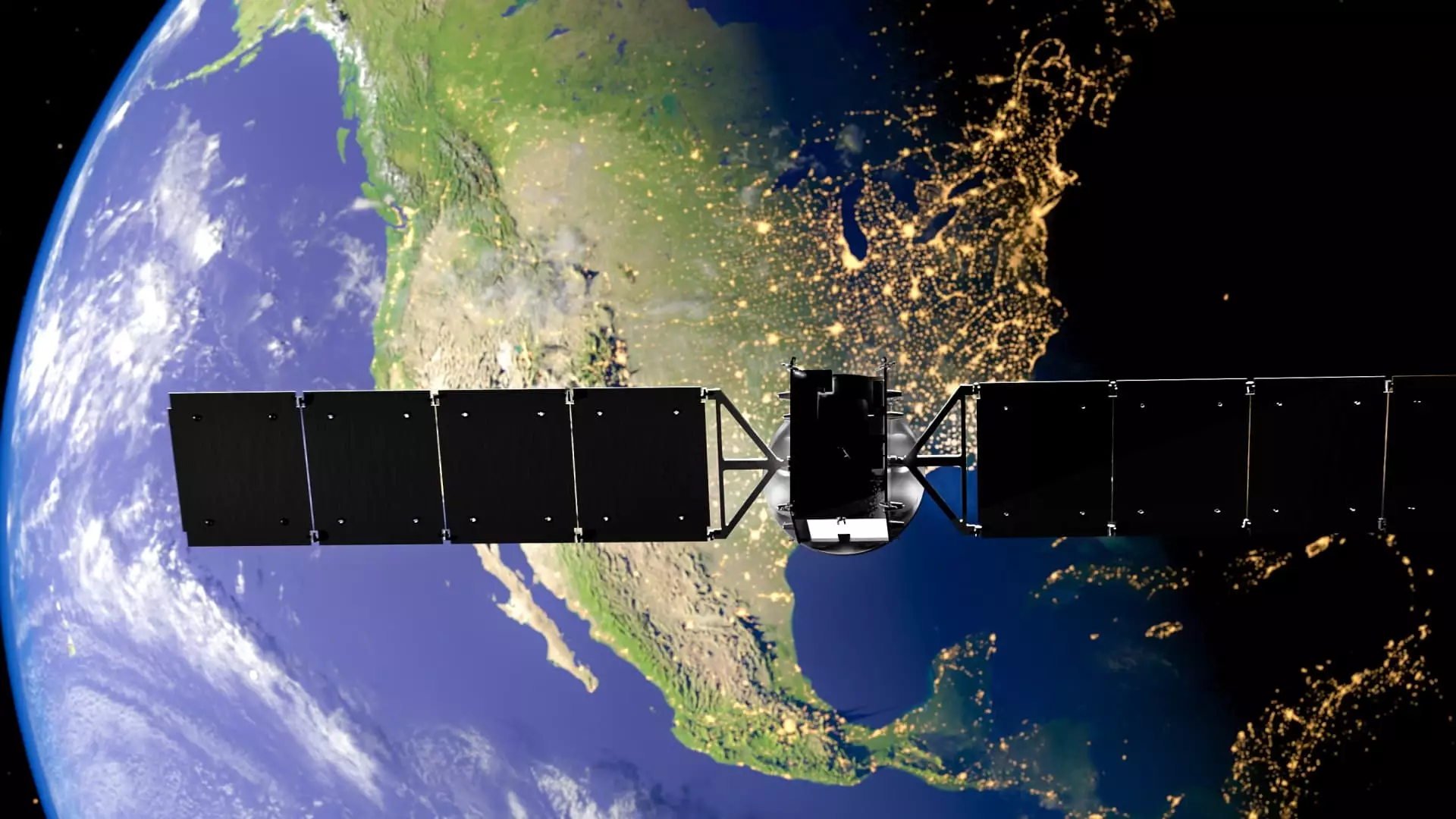The Global Positioning System (GPS) has become an essential component of modern society since its deployment by the U.S. Air Force nearly five decades ago. Initially a military utility, GPS has evolved into a critical infrastructure for the global economy, playing a vital role in various sectors ranging from agriculture to finance. A study conducted by the U.S. Commerce Department estimates that GPS has generated upwards of $1.4 trillion in economic benefits over its operational history. However, it has also highlighted a significant vulnerability: the potential economic fallout of a GPS outage could reach an astonishing $1 billion per day. This stark figure underscores the urgency for a resilient alternative to the existing satellite infrastructure.
The Emergence of R-GPS
In response to these vulnerabilities, the U.S. Space Force has initiated a comprehensive satellite program called the Resilient Global Positioning System (R-GPS) with a budget estimate of around $2 billion. The program aims to create a backup network that will ensure the continuous availability of GPS services that are deemed crucial for both military operations and daily economic activities. Lt. Col. Justin Deifel, head of the R-GPS project, likens the necessity of GPS to that of fundamental utilities such as water and electricity, emphasizing its importance in ensuring the smooth functioning of both civilian and military domains.
The increasing dependence on GPS systems has come under scrutiny, particularly in light of potential threats from geopolitical adversaries such as Russia and China. To counter these threats, the Pentagon has prioritized the development of the R-GPS initiative, highlighting the imperative for a reliable alternative that would safeguard U.S. interests both on the ground and in space.
Recognizing the technological advancements occurring in the commercial space sector, the Space Force has sought partnerships with private companies to expedite the R-GPS program. Recently, contracts were awarded to several firms, including Astranis, Axient, L3 Harris, and Sierra Space, for design concepts that can be integrated into the upcoming satellite network. This collaborative approach marks a significant shift in how the U.S. military engages with the private sector, particularly in leveraging innovative solutions for national security challenges.
Astranis, a startup that launched its first satellite for internet services last year, considers the R-GPS program a strategic expansion of its business model. According to CEO John Gedmark, this initiative signifies a broader recognition by the Department of Defense regarding the capabilities of small satellites in higher orbits for positioning, navigation, and timing (PNT) services. To this end, Astranis has introduced a new product line specifically designed for PNT services, underlining its commitment to participate in the R-GPS initiative.
One of the intriguing aspects of the R-GPS program lies in its unprecedented speed of development. Utilizing a novel Pentagon funding mechanism known as “Quick Start,” the program has moved from concept to contract in a matter of months, a process that typically spans years in traditional military procurement cycles. This agility has prompted industry leaders like Gedmark to express optimism about the changing dynamics of defense contracting, showcasing the government’s responsiveness to emerging threats.
The total funding allotted for design studies in R-GPS amounts to approximately $40 million, with a budget projection of $50 million to $80 million per satellite. With plans to procure at least 24 satellites over the next five to six years, the projected investment could reach up to $1.9 billion. The Space Systems Command intends to roll out the satellites in groups of eight, with the first anticipated launch as early as 2028.
While the R-GPS program has moved forward quickly, some challenges remain. Tech companies participating in the initiative must navigate rigorous design reviews and demonstrate the reliability of their proposed solutions. Furthermore, there are lingering concerns regarding cost overruns, with budget estimates appearing to persistently grow.
In light of a previous setback experienced by Astranis—where a satellite faced a malfunction due to issues with third-party solar arrays—industry insiders are cautiously optimistic about the future of the R-GPS program. With its experience in operating satellites in challenging orbital environments, Astranis is poised to contribute significantly to the ambitious goals of the Space Force.
As reliance on satellite technology continues to deepen across various aspects of life, the establishment of a robust and resilient GPS infrastructure becomes paramount. The R-GPS initiative not only highlights the U.S. military’s proactive stance on ensuring the continuity of critical services; it also reinforces the commitment to collaborate with private industry to address complex challenges in national security. As the program progresses, it holds the potential to redefine how positioning and navigation services are delivered, thereby reinforcing the very backbone of America’s technological and economic landscape.

Leave a Reply